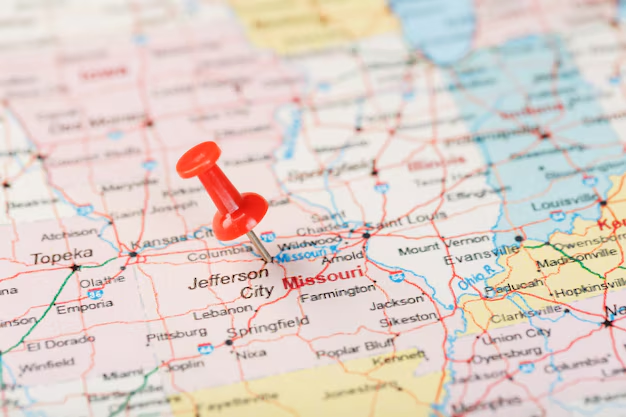Navigating Your Move: What to Anticipate When Relocating to a New State
Relocating to a new state is an adventure filled with a mix of excitement and uncertainty. Whether it's for a job, family, or simply to start fresh, being prepared can help ease your transition. Here's what you can expect and how you can make the most of your move.
Adjusting to a New Environment
Moving to a new state means adapting to different climates, cultural norms, and local laws. The weather might be vastly different from what you're used to, potentially affecting everything from your daily routines to your wardrobe. Familiarize yourself with regional customs and community events to feel more integrated. Additionally, understanding state laws and regulations, particularly regarding driver's licenses and vehicle registration, can help avoid legal snags.
Finding a New Home
The real estate market can vary significantly from one state to another. It's crucial to research housing costs, neighborhood safety, and school districts if you have children. Consider enlisting the help of a local real estate agent who knows the area well. They can guide you through the nuances of the market, helping you find a home that fits your budget and needs.
Managing Finances
Moving comes with a myriad of costs, from hiring movers to settling into a new place. Budgeting carefully and setting aside a contingency fund for unexpected expenses can prevent financial strain. If needed, explore state-specific financial assistance programs that might offer support, especially if moving for work or education.
Experiencing Culture Shock
Every state has its own cultural identity. What feels normal in one place might feel strange in another. Embrace this by engaging with your new community. Attend local festivals, visit landmarks, and try regional foods. This not only helps in easing culture shock but also helps build a social network.
Employment Transition
If you're moving for a new job, prepare for the transition by understanding state employment laws and the cost of living. If you're seeking employment, research industries in high demand and consider leveraging networking events and job fairs. A well-tailored resume that reflects your adaptability could set you apart in your new local job market.
Educational Opportunities
For those continuing education or seeking new learning opportunities, explore the availability of state educational grants or scholarships. Many states offer community college programs with reduced tuition for residents, a boon for professional development or personal growth.
Healthcare Access
Healthcare options can differ widely between states. Make sure to transfer your medical records and find in-network healthcare providers. Investigating your new state's insurance exchange, if applicable, might further aid in securing affordable coverage.
Building Community
Moving often means leaving friends and familiar support systems behind. Building a new network can be daunting, but there are many avenues to consider. Join local clubs, volunteer, or participate in community events. These activities not only help forge new friendships but also provide emotional support during your transition.
Financial Resources to Consider:
- 🏡 State Housing Assistance Programs: Explore resources for affordable housing and rent relief.
- 📈 Unemployment Benefits: If job searching, familiarize yourself with the state's unemployment support.
- 💳 Credit Card Solutions: Investigate cards offering lower interest rates for balance transfers.
- 🎓 Educational Grants and Scholarships: Look into state-specific financial aid for continuing education.
- 🏥 Healthcare Subsidies: Check eligibility for state-offered health insurance programs.
With careful planning and a proactive mindset, moving to a new state can be a fulfilling journey that opens up new possibilities and opportunities. Prepare well, stay adaptive, and enjoy the adventure of your new beginning.

